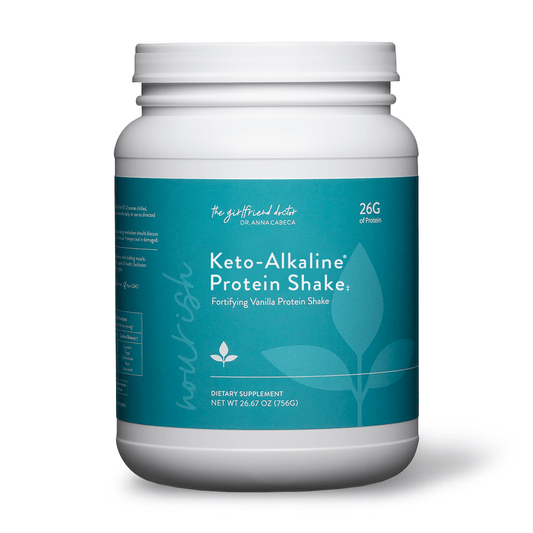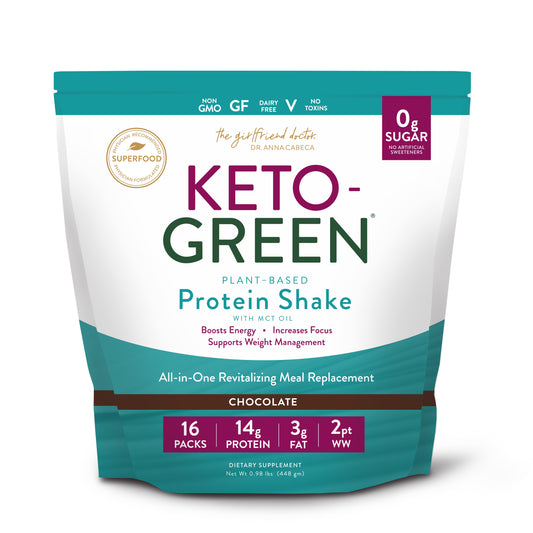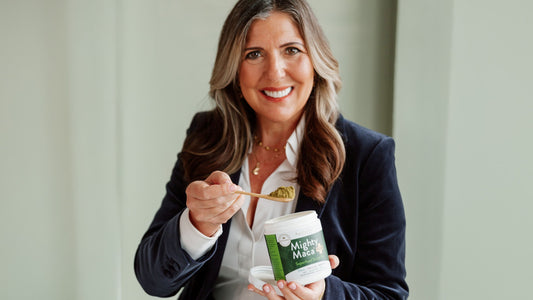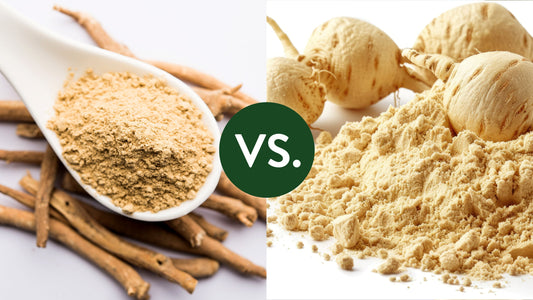Weight gain, menopause, and belly fat are closely connected. It’s just one of those unfortunate facts of life. But have you ever wondered why women seem to gain weight around the middle when they hit midlife?
Because if you know why something happens, you’ve got a better chance at preventing it, stopping it at its source, right?
Let’s explore the connection between weight gain, menopause, and belly fat so you can stop that process in its tracks…and enjoy having a flat tummy again.
Menopause And Weight Gain: Why?
Tell me if this sounds familiar: you pull out your jeans from last fall and…they don’t button. You went up a size last year, and you just can’t bear to buy another size up, so you resign yourself to wearing stretchy pants for the rest of your life. Maybe you can try to hide your midsection with flowy shirts and layers forever?
The biggest place you’ve put on pounds? Right in your midsection. For the most part, your wrists and ankles look exactly the same — but your tummy is less than ideal. Trust me, girlfriend, I’ve been there, done that, and gotten the Girl Scout badge.
When you look around, you see tons of other women going through the same phenomenon too.
But why is that? Why does weight gain caused by menopause so predictably come in the form of belly fat?
Well, as with most things in menopause, it’s all to do with your changing hormone levels.
Hormones are the main culprit when it comes to menopause and putting on weight. And that’s exactly why you’ve been cutting calories and exercising more, but seeing very little progress on the scale.
Problem is, balancing hormones during menopause gets tricky. Your body is trying to prepare to stop ovulating, and that means critical hormone levels are taking a nosedive.
Menopause And Belly Weight
So does that mean belly fat in menopause is inevitable? After all, if your hormones are causing the sudden weight gain in menopause, what are you supposed to do about it?
Girlfriend, let me assure you — you can get this menopause and belly weight gain under control.
Here’s how.
Cortisol And Weight Gain
The first thing we need to look at is the relationship between cortisol and weight. Unfortunately, high cortisol and weight gain go hand in hand. What’s more, cortisol typically rises in menopause. (1)
You see, cortisol is produced by your adrenal glands, mostly in response to stressors in the body. And when your adrenal glands sense that your hormone levels are changing due to menopause, that is a signal of stress for them. So they start dumping out cortisol in response.
Cortisol also plays a role in how your body metabolizes food and plays a role in helping you get to sleep at night and wake up in the morning. (2) That means that when your cortisol levels go high, your sleep can be affected — which in turn causes weight gain. Then there are the night sweats and random bouts of insomnia that interrupt your sleep during menopause, too. It’s a recipe for gaining weight.
It’s also worth mentioning that many women in their menopausal years find that they are under extra stress at work, with aging parents, and children that might still need quite a bit of parenting. This all causes an increase in stress, and therefore cortisol production.
You’ve also got to remember that when your adrenals are feeling stressed out, they have to choose cortisol production over sex hormone production. That means your hormone levels take a nosedive even faster than they would if your adrenals could provide a little bit of backup support.
Basically, it’s a negative feedback loop…one that leaves you feeling very tired and with extra pounds accumulating on your midsection.
Insulin Resistance And Menopause Weight Gain
Also related to cortisol, insulin is another major factor when it comes to weight gain.
As you age, you naturally become less insulin-sensitive. That means it’s harder for your body to naturally use the food you eat as fuel. It’s more likely to get turned into sugar that keeps circulating in your body.
The result?
Weight gain. And eventually, if left unchecked, diabetes. Plus an increased risk of cardiovascular disease, breast cancer, and dementia too.
Insulin resistance can also contribute to the feelings of extreme fatigue many women experience during menopause.
Insulin resistance is one of those tricky problems to deal with. Just like with high cortisol, it creates a negative feedback loop with your weight, especially weight gain in menopause. More extra weight means more insulin resistance, and more insulin resistance leads to more extra weight.
How To Stop Weight Gain In Menopause
So, how do we put a stop to this nonsense? There are two important things you’ve got to do.
Let’s go over both.
1. Take Care Of Your Adrenals To Stop Cortisol Weight Gain
Whether we like it or not, in menopause, cortisol typically goes higher. And when that happens, your body thinks it needs to hold onto weight around your central organs — to protect itself. (3) High cortisol also contributes to insulin resistance, (4) which we’ll talk some more in a moment.
Which means that if you want to stop the production of too much cortisol hormone and the weight gain that follows — you’ve got to take care of your adrenals. They’re the organ that produces cortisol.
How do you do that?
The simplest thing to do is prioritize getting adaptogens like maca into your life (they help your adrenals ‘adapt’ to stressors and get back to producing sex hormones instead of cortisol).
It’s also important to make sure you get plenty of quality sleep and exercise daily. Both of these things help to counteract cortisol in a powerful way.
And remember that it’s OK to say “no.” Turn down the stress in your life wherever you can. Take time for yourself and do things that you love regularly. Try meditating, exercising, or journaling.
2. Ending Insulin Resistance And Belly Weight Gain In Menopause
One of the most important things you can do to help reduce your blood sugar and insulin resistance is to eat plenty of vegetables and healthy fats.
I outline exactly how to eat to deal with insulin resistance in my book, The Hormone Fix. I also have dozens of resources on my website that can help you learn how to eat in my signature Keto-Green® style, which is an ideal menopause diet for weight loss.
Ideally, you want to keep your simple carbs low, your healthy vegetable fats high, and your protein moderate. This combination of foods breaks through insulin resistance and also helps you to support your hormones from every angle.
For an easy way to have a meal with the *perfect* Keto-Green® macros, try my Keto-Green® protein shake.
Another thing you can do to help control insulin resistance is to start resistance training a few times a week. As you age, your muscle mass tends to shrink….and muscle is fantastic at helping increase insulin sensitivity. You can build muscle with bodyweight exercises or free weights.
Saying Goodbye To Weight, Gain, Menopause, And Belly Fat
Ultimately, if you want to reduce belly fat in menopause, you’ve got to:
- Keep your adrenals happy and calm, so you can put a stop to excess cortisol
- Focus on eating a Keto-Green® diet so you can put a stop to insulin resistance
And girlfriend, don’t feel guilty prioritizing yourself! It’s important to take time for those oxytocin moments, reduce your stress, and sleep as much as you need to (most women need about 7-9 hours per night).
You are so much more than your weight. And I honestly believe that you are beautiful and worthy no matter what size jeans you wear! But the reality is that weight gain around the middle can lead to some serious health conditions like diabetes and heart disease — and I definitely don’t want that for you.
Always remember that you have so much power to change your health!







